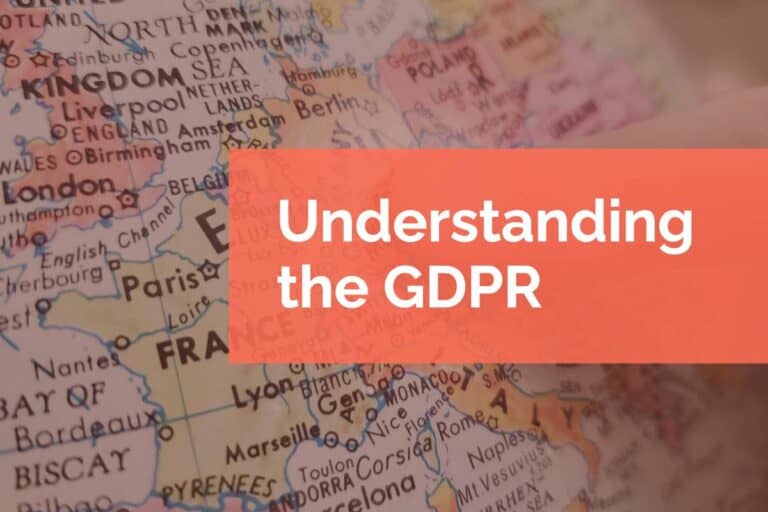Advertising and the GDPR
We’ve written about the GDPR in the past. As a quick recap, the GDPR is a new regulation going into effect in May of 2018. The regulation protects the personal data of citizens of the European Union. The new law has extraterritoriality so it’s going to be enforceable around the world. The exact legal implication has yet to be tested as of this writing, but suffice to say that at the very least there will some additional notifications and opt-ins that you’ll be seeing on any website that potentially has EU visitors.
On the more aggressive end of the spectrum, the GDPR is going to impact online search, social media, and digital advertising in significant ways. Since we are the developers for AdSanity, which handles advertising management for WordPress, we’re paying close attention to the intersection of advertising and the GDPR.
Advertising and the GDPR
Advertising and the GDPR are going to collide predominantly around the area of cookies. More and more often our viewing preferences and the advertising that we’re fed are being tailored to us. Cookies set in our browsers in a variety of ways enable a personal advertising experience. You’ve undoubtedly seen Google’s remarketing or other retargeting campaigns. You visit a site and then you’re suddenly inundated with advertising from that very site.
With the GDPR any sort of tracking or personally identifiable information is going to require a very clear opt-in. Very few people are going to choose to opt-in to advertising in this manner. Some of the largest sites are going to provide a unique experience for users in the EU to comply with the law directly. For many smaller sites that level of compliance isn’t going to be an option. What you’re likely to see from most websites you visit are new and unique methods of monetizing their content.
Alternative Advertising Options
A step back to more traditional forms of advertising may be in order. Direct ad placement on sites that are topically matched to an advertiser may become the de facto standard once again. Whether delivered by an ad network or self-hosted, if the tracking component is stripped out of the advertising then compliance becomes easier to achieve.
The more you can capitalize on site visitors without having to collect identifying information, the easier it will be for you to comply with the GDPR. But there are some drawbacks. There are some advantages to cookie based advertisements beyond retargeting. For example, without cookies it may be harder to attribute a sale or conversion to the advertisement in question. A solid use of ad specific landing pages can help.
Beyond Display Advertising
Display advertising is only one area where someone can leverage cookies. There is a lot of identifying information that’s being collected and many cookies that are being set around several other key advertising areas – notably social media. Facebook most recently testified before U.S. Congress about data security. During this testimony, hundreds of questions arose about what is being collected, how it’s stored, how it can be used, and how it can be removed. These are all topics that overlap with the GDPR.
Observing how the new legislation is going to impact the largest data collectors, Facebook, Google, Amazon, and Apple is going to help inform how the changes are going to impact smaller businesses. Get ready to make changes in the way you or your clients advertise and how you collect data.






